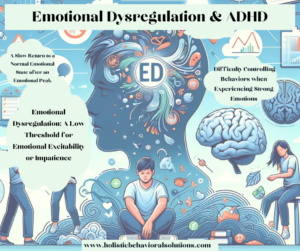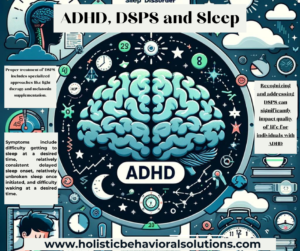
Embracing Change: The Transformative Power of MicroActions in Mental Health
Positive psychology, the science of well-being and happiness, has introduced an exciting concept that can positively change our lives – microactions. In mental health and well-being, the idea of change often evokes a mix of anticipation and apprehension. However, nestled within the broader narrative of change lies a potent and transformative principle: the power of microactions. This approach, rooted in positive psychology, offers a refreshing perspective on personal growth and mental health. Today, let’s delve into the intricate world of micro-actions and discover how these seemingly small steps can lead to significant, positive changes in our lives.
The Essence of MicroActions
Micro-actions are the subtle yet powerful forces that shape our daily lives. The correlation above refers to micro-actions, small actions we take to bring us to a larger goal. One of my favorite sayings is, “You eat an elephant one bite at a time.” Or as Sun Tzu said, the greatest journey begins with a “single step.” These actions, grounded in practices like gratitude, mindfulness, kindness, and self-care, are the essence of simplicity and consistency, serving as the building blocks of a positive psychological framework. You will need that positive framework to build your resilience.
Positive Psychology: A Beacon of Hope
At the heart of positive psychology lies the pursuit of human strength, happiness, and well-being. This field encourages us to embrace proactive measures to enhance our mental health and lead more fulfilling lives. Micro-actions, with their emphasis on cultivating positive habits, align seamlessly with the principles of positive psychology, offering a practical pathway to nurturing our well-being. It helps us to avoid feeling overwhelmed by making life feel more manageable.
A Personal Anecdote: The Diaper Cake Epiphany
The concept of micro-actions transcends theoretical discussions, finding resonance in our everyday experiences. A personal anecdote that illustrates this involves a simple yet profound activity: making a diaper cake with my sister during a moment of melancholy. This small, collaborative project not only uplifted my spirits but also primed me for further social engagement. It was a vivid reminder that the journey from sadness to joy often begins with a single, supportive step.
Holistic Change: The Slow and Steady Path
Our culture’s fixation on dramatic transformations often overshadows the incremental efforts that lead to those milestones. In the therapeutic realm, we acknowledge that change is a nuanced process, unfolding at varying paces for different individuals. Our culture places much attention and focuses on the finale, the big reveal, the “ta-da” or “ah-ha,” sometimes forgetting how much work goes into that “ah-ha.”
Most therapists who do work around change recognize that not everyone is ready for change and that we all change at different speeds. We are trained in “MI” or Motivational Interviewing Technique. We roll with the resistance to try and explore behavioral patterns that have not worked in the past and try to get our clients to make changes for themselves. The stages of change are listed below. Motivational Interviewing Technique (MI) and the stages of change model provide valuable frameworks for understanding and navigating this journey:
- Pre-contemplation: Recognition of the need for change is absent.
- Contemplation: Awareness of the problem exists, yet action remains elusive.
- Preparation: Intentions turn into concrete plans for change.
- Action: Active steps are taken to modify behavior and overcome challenges.
- Maintenance: Efforts are made to sustain the change and prevent relapse.

The Role of Support Systems
An integral part of embracing change involves leaning on our support systems. Engaging in enjoyable and fulfilling activities with loved ones can reinforce our commitment to change and bolster our resilience. Whether it’s crafting a diaper cake or embarking on an adventure, these shared experiences enrich our journey toward positive mental health.
In Conclusion
The journey of change, underpinned by the practice of microactions, offers a hopeful and accessible path to enhancing our mental health and overall well-being. By embracing these small, intentional steps, we can gradually build a life marked by happiness, resilience, and fulfillment. As we navigate the complexities of change, let us remember the power of support, the value of kindness, and the transformative potential of every small action we take. While working on the change process, you may find it helpful to spend some time with your support system. Remember, it is your life and you are building it one brick at a time.
Micro-Actions at the Holistic Store
While we are thinking that through, boost your connection from the inside out with our wellness supplements and supplies. Check out our store for products that help you feel your best, making it easier to open up and connect on a deeper level.


